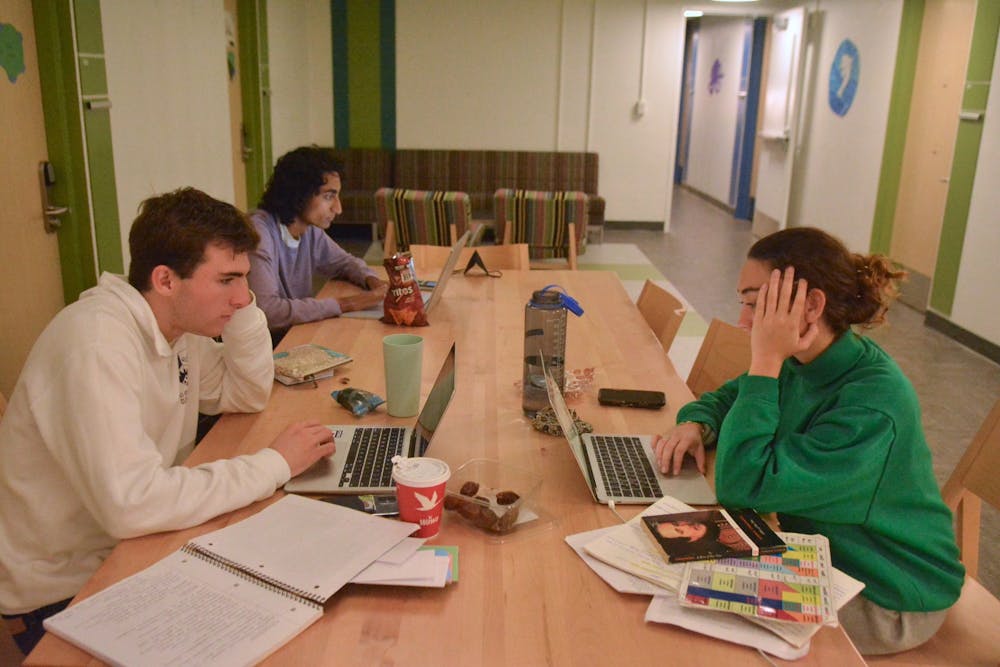Student enrollment in the Pennsylvania state colleges has reached its lowest point in over two decades.
The Pennsylvania State System of Higher Education (PASSHE) reported that enrollment in its 14 universities has fallen over the past decade, and the system lost more than 5,000 students this year in an enrollment drop of 5.4% that resulted in a loss of about $36 million.
PASSHE’s drop in enrollment mirrors a 16% national decline in the enrollment of first years, which began at the start of the COVID-19 pandemic in 2020, according to the New York Times. To address this drop in enrollment, PASSHE plans to merge six of its state universities into two, Georgia state schools enacted similar consolidations that contributed to better student retention.
While the university system overall experienced losses, two Philadelphia-area colleges were not dramatically affected. Cheyney University of Pennsylvania experienced a 2.39% increase in enrollment and West Chester University saw a drop of only 29 students, Philly Voice reported. PASSHE System Chancellor Dan Greenstein told PennLive that Cheyney University's gain may also be attributed to its financial aid program.
Pennsylvania state schools typically serve more low-income families than state flagship and private schools, which may explain the decrease in enrollment, The Philadelphia Inquirer reported.
Mildred Garcia, president and CEO of the American Association of State Colleges and Universities, told the Inquirer that the general financial hardship on these families caused by COVID-19 can put the cost of college out of reach.
“COVID has had a real impact on the low-income, first-generation students of color — there’s no question about that,” Garcia told the Inquirer.
Greenstein echoed these sentiments, telling PennLive that the biggest decrease in students came from families that earned less than $75,000. He told the Inquirer he’s optimistic that enrollment will recover next year as a result of the merger, especially since many of the issues stemmed from uncertainty surrounding the pandemic.









